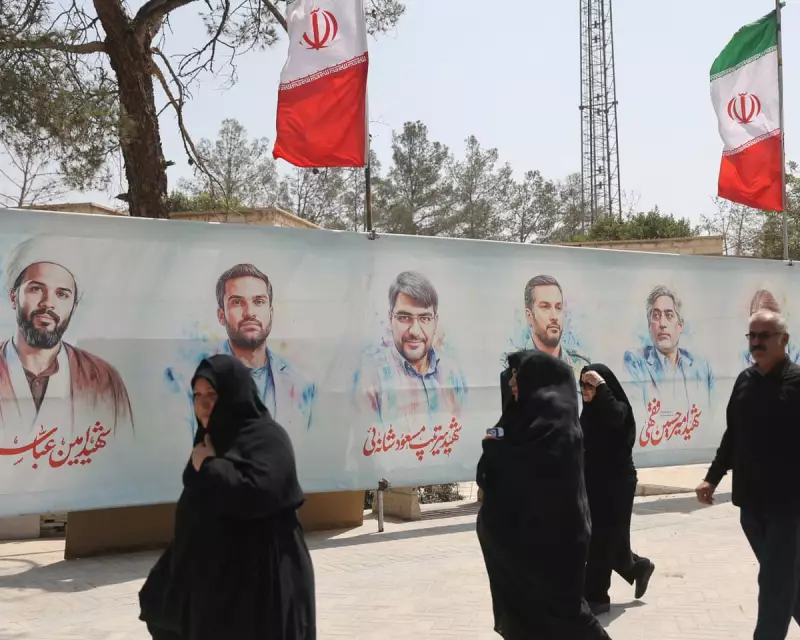
In a dramatic move that has sent shockwaves through diplomatic circles, Russia has single-handedly blocked a United Nations resolution to reimpose crippling sanctions on Iran's controversial nuclear programme. The decision represents one of the most significant confrontations between Moscow and Western powers in recent years and threatens to completely unravel the fragile 2015 nuclear agreement.
Diplomatic Standoff at the United Nations
The crisis erupted during a tense session of the UN Security Council where Britain, France, and Germany had tabled a resolution to restore sanctions against Tehran. The move came after the International Atomic Energy Agency (IAEA) confirmed that Iran had significantly accelerated its uranium enrichment activities, far exceeding limits established in the landmark Joint Comprehensive Plan of Action (JCPOA).
Moscow's delegation stunned Western diplomats by employing a rare procedural manoeuvre to effectively veto the resolution. Russian officials argued that the triggering mechanism for sanctions snapback had not been properly followed and insisted that diplomatic channels remained the only viable solution.
The West's Sharp Response
The British Foreign Office issued a strongly worded statement condemning Russia's obstruction as "deeply irresponsible" and warned that it could enable Iran to develop nuclear weapons capability. "This decision undermines both regional security and the global non-proliferation framework," a senior UK diplomat stated anonymously.
French and German representatives echoed these concerns, with Paris describing Moscow's move as "a dangerous precedent that rewards nuclear brinkmanship." The European powers now face a difficult dilemma: whether to pursue alternative sanctions mechanisms outside the UN framework, which would likely prove less effective without Russian and Chinese participation.
Iran's Accelerating Nuclear Programme
According to the latest IAEA reports, Iran has been steadily increasing its stockpile of enriched uranium and has begun operating advanced centrifuges prohibited under the JCPOA. Iranian officials maintain that these measures are reversible if the United States and European nations provide meaningful economic relief from existing sanctions.
Tehran has particularly criticised European countries for failing to circumvent American sanctions that were reimposed after Washington unilaterally withdrew from the nuclear deal in 2018. The economic pressure has devastated Iran's economy and limited its ability to export oil.
Global Non-Proliferation at a Crossroads
This development represents perhaps the most serious challenge to the global nuclear non-proliferation regime in decades. Arms control experts warn that the collapse of the Iran deal could trigger a nuclear arms race in the Middle East, with Saudi Arabia and other regional powers potentially seeking their own nuclear capabilities.
The crisis also highlights the increasingly fragmented nature of international diplomacy, where major powers appear unable to find common ground on critical security issues. With the UN Security Council effectively paralysed on this matter, the path forward remains uncertain and fraught with geopolitical risk.
As tensions continue to escalate, all eyes will be on whether the remaining parties to the JCPOA can devise a diplomatic solution before Iran's nuclear advances become irreversible.





